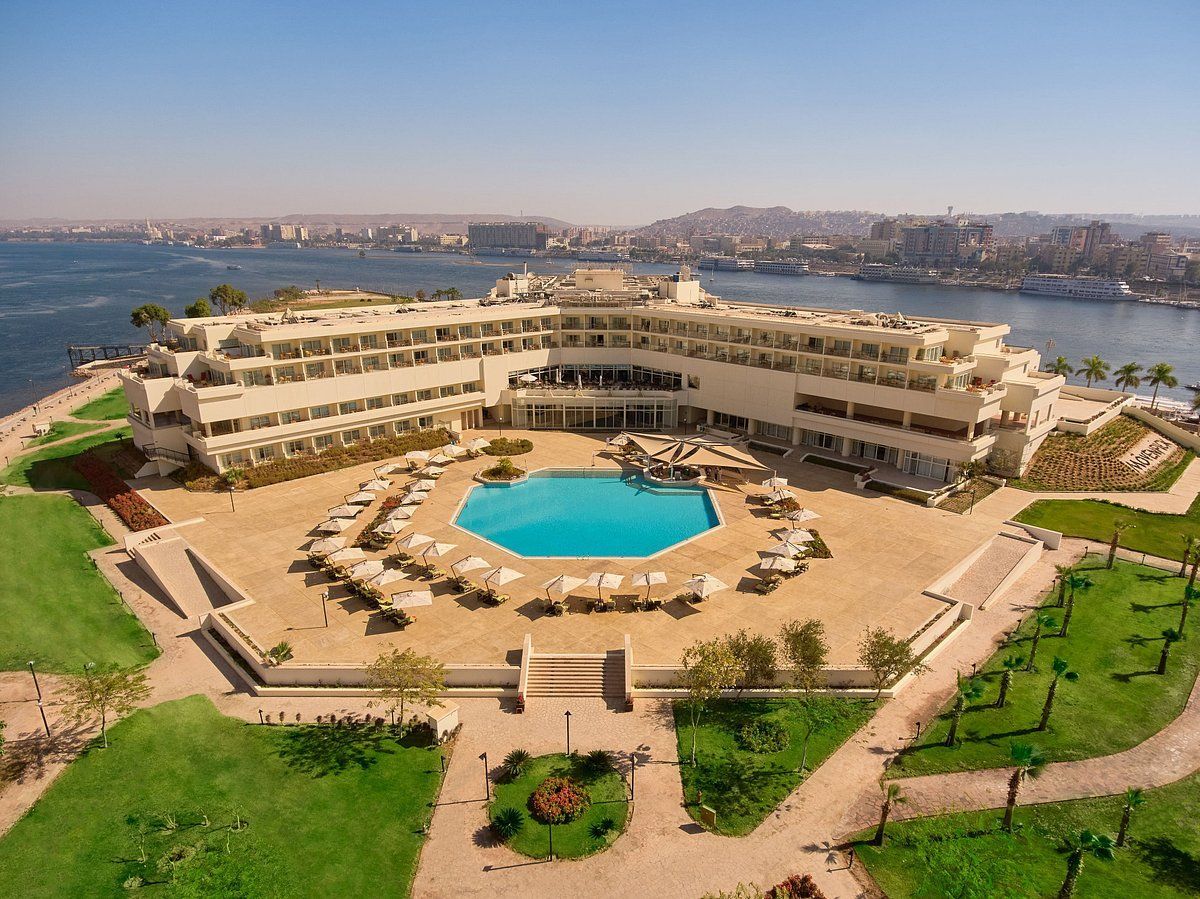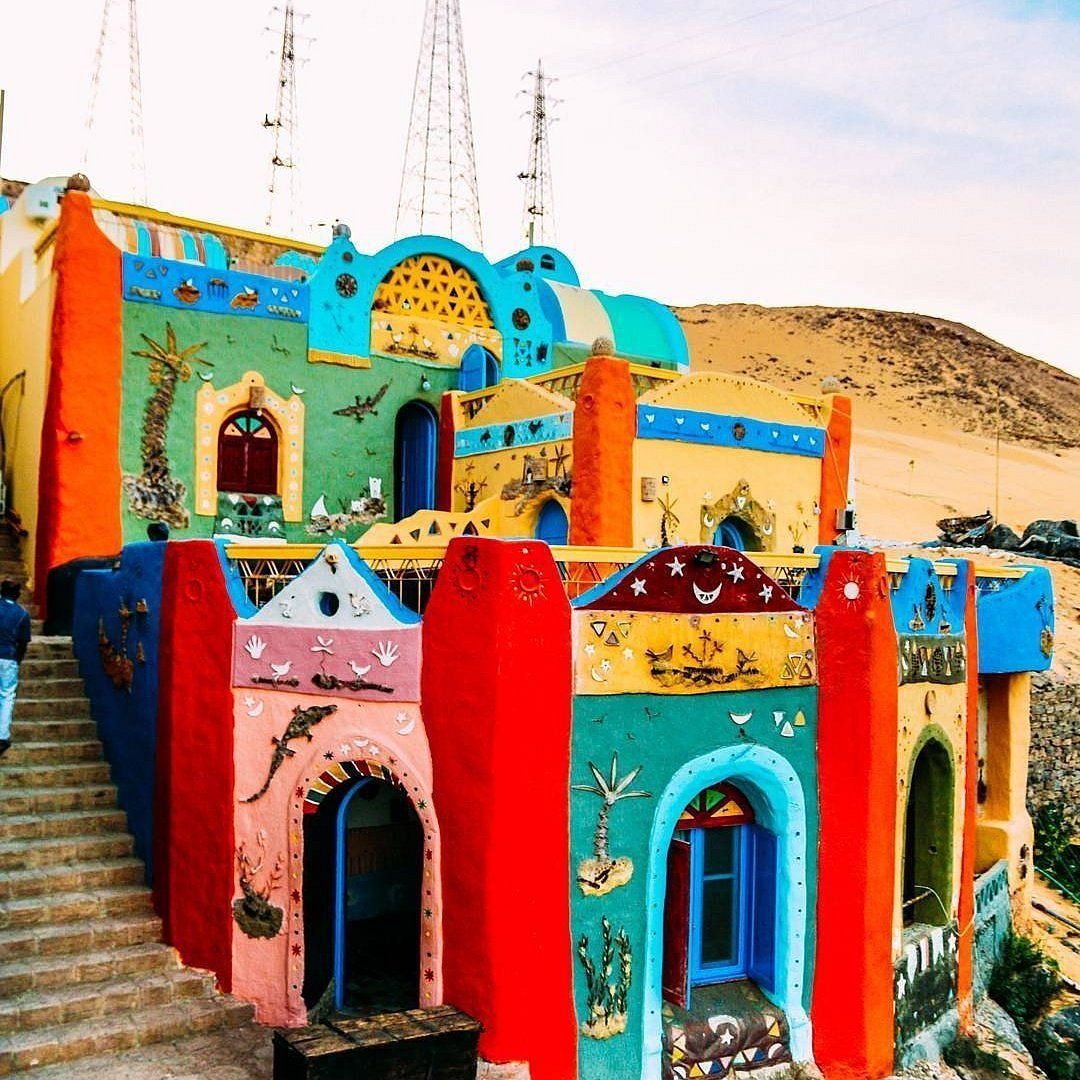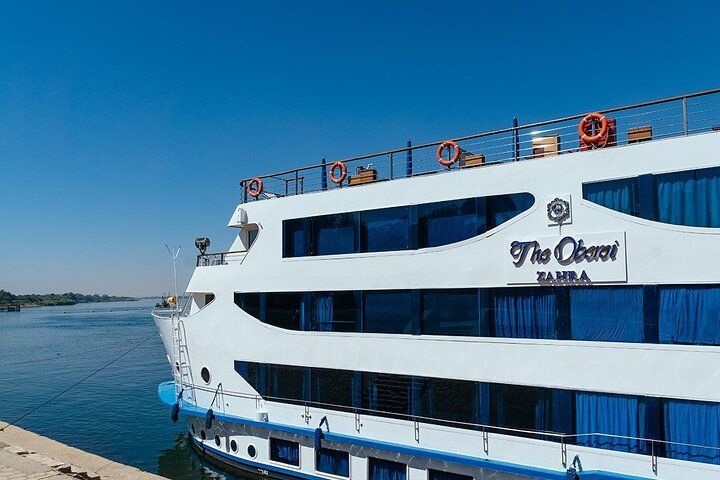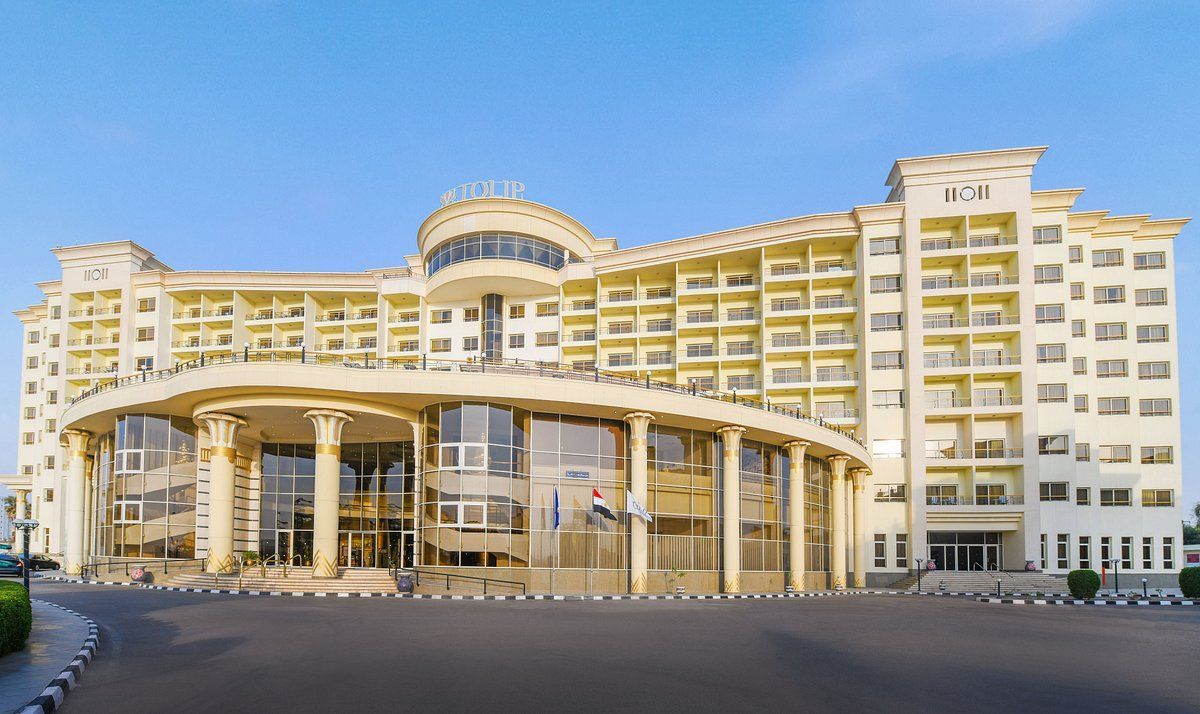Get in touch
Aswan
Journey to Aswan: Discover the Tranquility of the Nile, Majestic Temples, and Rich Nubian Culture in Egypt’s Southern Gem
Aswan: A Serene Escape into Ancient Splendor and Natural Beauty
Nestled along the banks of the Nile, Aswan is Egypt's southernmost city and a haven of serene landscapes and captivating historical sites. Known for its idyllic setting, where the river flows through orange-hued dunes and granite rocks, Aswan offers a more laid-back atmosphere compared to the hustle of Egypt's larger cities. It serves as the gateway to exploring some of Egypt's most significant ancient monuments, including the temples of Philae and Abu Simbel, while also offering insights into the vibrant Nubian culture. Whether you're cruising on a traditional felucca, wandering through colourful markets, or marveling at the engineering marvel of the Aswan High Dam, Aswan promises an enriching and peaceful experience.
Key Islands and Attractions:
Philae Temple: An island temple dedicated to the goddess Isis, showcasing brilliant ancient architecture and accessible by boat.
Abu Simbel: The awe-inspiring rock-cut temples of Ramses II and Queen Nefertari, relocated to their current location in a monumental UNESCO effort
Unfinished Obelisk:
The largest known ancient obelisk, offering insight into stone-carving techniques of ancient Egypt.
Aswan High Dam:
A modern engineering feat that created Lake Nasser, one of the world's largest man-made lakes, significantly impacting Egypt's agriculture and economy.
Nubian Villages: Colorful villages that offer a glimpse into the distinctive Nubian culture and lifestyle, with opportunities to purchase traditional crafts.
Must-See Sights and Experiences:
Felucca Sail on the Nile: Glide along the Nile on a traditional felucca, enjoying the tranquility of the river and the beauty of the surrounding landscape.
Botanical Garden on Kitchener's Island: Accessible by boat, this small island is home to a lush botanical garden with exotic plants from around the world.
Sound and Light Show at Philae Temple: Experience the magic of Philae Temple illuminated at night, with a captivating narrative recounting its history.
Visit the Aswan Spice Market: Immerse yourself in the vibrant colors and aromas of the spice market, where you can find a variety of Egyptian spices, teas, and souvenirs.
Sunset at the Tombs of the Nobles: Hike up to these ancient tombs for a spectacular sunset view over the Nile and the surrounding desert landscape.
Latest Tailor-made Offers






Latest Hotel Offers
Top Luxury Hotels

Mövenpick Resort Aswan
Situated on Elephantine Island, this resort offers a peaceful retreat with lush gardens, a swimming pool, and panoramic Nile views.

Anakato Nubian Houses
Experience authentic Nubian hospitality in these brightly decorated guesthouses, located directly on the banks of the Nile in Gharb Soheil.

The Oberoi Zahra Luxury Nile Cruiser
Embark on a luxurious Nile cruise from Aswan, enjoying elegantly appointed cabins, fine dining, and guided tours of historical sites.

Tolip Aswan Hotel
Overlooking the Nile and Aswan city, this hotel provides comfortable accommodations, a swimming pool, and a selection of restaurants.
Insider Guides and Tips:
Best Time to Visit: The cooler months from October to April are the best time to visit Aswan, offering pleasant weather for sightseeing and outdoor activities.
Transportation: Aswan is compact and walkable, but taxis and boats are readily available for longer distances or to visit islands on the Nile.
Cultural Etiquette: Respect local customs and dress modestly, especially when visiting villages or religious sites. Learning a few Arabic phrases can enhance your experience.
Stay Hydrated: The climate can be hot and dry, so carry water with you, especially when exploring outdoor attractions.
Support Local Communities: Engage with local Nubian culture and consider purchasing handicrafts directly from artisans to support the community.
Opening Times: Monday to Sunday 09:00 - 20:00 | Saturday 09:00 - 18:00 | Sunday 10:00 - 18:00
Kullaborne Travel Limited acts as an agent in respect of all bookings made on our website or by telephone. For all bookings, your contract will be with the applicable Supplier/Principal (e.g. tour operator/airline /accommodation /cruise provider) of your chosen travel arrangements and Kullaborne Travel Limited acts only as an agent on their behalf. All flight-inclusive holidays featured on this website are financially protected by the ATOL scheme and in accordance with the holiday provider’s ATOL licence. When you pay for your flight-inclusive holiday you will be supplied with an ATOL Certificate, and fully supported through ATOL (ATOL 12540 ). Kullaborne Travel Limited is registered with UK Companies House with registered number 15232567 and our VAT number is GB 461158206.
© 2024 Kullaborne Travel Limited



